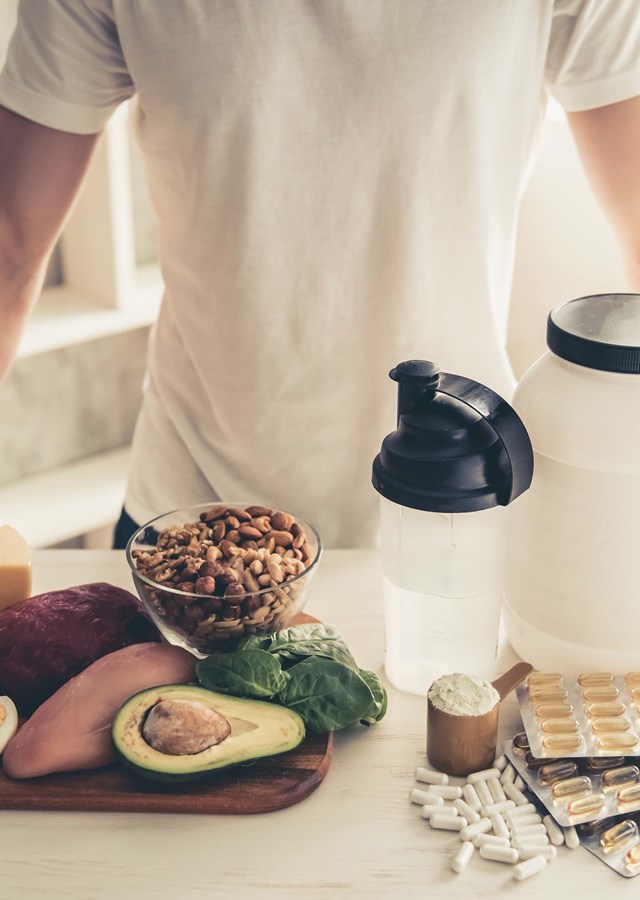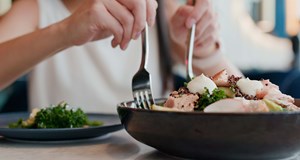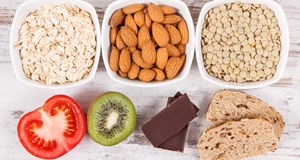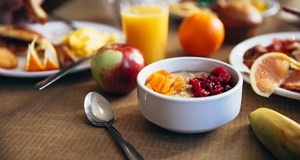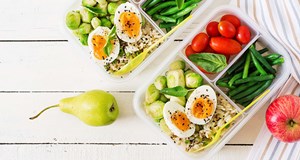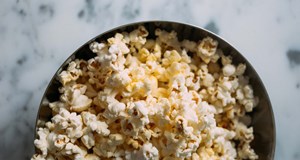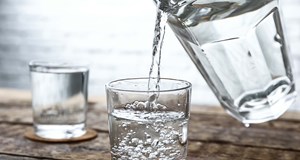Why nutrition for sport?
We should all aim to eat a healthy, varied diet. This will provide you with all the nutrients you need. When you’re physically active, your body will use up more energy (calories). This can help with managing your weight, or if you are not looking to lose weight, you may find you need more food to replace the extra energy used. It is also important to keep well hydrated.
Eating well and staying hydrated can help you:
- perform well in your chosen sport or activity
- reduce the risk of injury and illness
- ensure the best recovery after exercise or a training programme
Discover which foods to eat when so you’re ready, prepared and fuelled to take on any sport or activity you like and perform at your best:
Food for energy
Starchy foods and other forms of carbohydrate provide energy for your body to perform at its best, whatever your activity.
In general, the more you exercise, the more carbohydrates you need to include in your diet. A demanding exercise regime will use up your stored energy from carbohydrates quickly, so include some in most of your meals.
A diet low in carbohydrates can lead to lack of energy during exercise, loss of concentration, and delayed recovery.
Healthy sources of carbohydrate include:
- wholegrain bread
- wholegrain breakfast cereals (including some cereal bars)
- brown rice
- wholewheat pasta
- potatoes (with skins on)
- fruit, including dried and tinned fruit
Food for muscles
Eating protein-rich foods alone won’t build big muscles. Muscle is gained through a combination of muscle-strengthening exercise, and a diet that contains protein and sufficient energy from a balance of carbohydrates and fats.
Not all the protein you eat is used to build new muscle. If you eat too much protein, the excess will be used mostly for energy once your body has what it needs for muscle repair.
Most people will get enough protein from a healthy, varied diet without having to increase their protein intake significantly.
Healthy sources of protein:
- beans, peas and lentils
- cheese, yoghurt and milk
- fish, including oily fish like salmon or mackerel
- eggs
- tofu and other plant-based meat-alternatives
- lean cuts of meat and mince
- chicken and other poultry
You should include a source of protein at most mealtimes to optimise muscle repair post exercise, as well as what your desired training is trying to achieve whether that be size, strength, power or endurance.
Food before sport
Allow about 3 hours before you exercise after a main meal. An hour before exercising, having a light snack that contains some protein, is higher in carbohydrate and lower in fat, can help you perform during your training and recover afterwards.
Choose a snack that you’ll digest quickly like:
- porridge
- fruit, such as a banana
- a slice of wholegrain bread spread thinly with a nut butter
- a plain or fruit scone with low-fat cheese
- yoghurt or non-dairy alternatives
- cottage cheese and crackers
- a glass of milk or non-dairy alternative
Some foods can cause stomach discomfort if you eat them just before exercising. Avoid fatty foods like chips, avocados, full-fat cheese and high-fibre foods like raw vegetables and high fibre cereals.
Food and drink during exercise
Start any exercise session well hydrated. This means drinking water regularly throughout the day.
In general:
- only water is needed for moderate exercise that lasts less than an hour
- an isotonic sports drink, milk, or a combination of high-carbohydrate food and water for hard sessions that last longer than an hour
(You can make a homemade sports drink with 200ml of squash (not low calorie), 800ml water and a large pinch of salt).
Food after sport
Food and drink also plays a part in recovering effectively after sport. If you’re training once a day or less and have more time to recover, rehydrate with water and eat as soon as you can afterwards.
If you train several times a day, refuelling with a source of carbohydrate and protein – such as a glass of milk and a banana – within 60 minutes of finishing your first session can help you recover faster.


